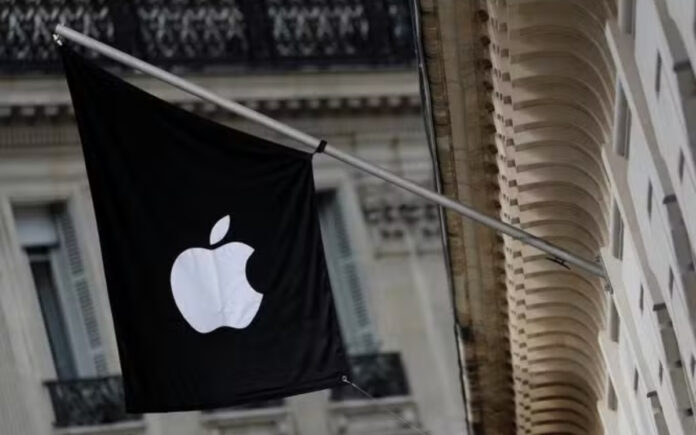New York: Apple has emerged as the leading smartphone vendor globally in the first quarter of the year, propelled by the successful launch of the iPhone 16e and strong sales in key emerging markets such as Japan and India, according to newly released data from Counterpoint Research.
Despite experiencing flat or declining sales across major markets like the United States, Europe, and China, Apple secured a 19% share of the global smartphone market. Samsung followed closely behind with an 18% market share, reflecting intensified competition at the top of the smartphone hierarchy.
The research indicates that Apple continues to enjoy strong consumer demand in emerging regions, even as it faces significant headwinds in China. Local competitors like Huawei have eroded Apple’s dominance in the Chinese market, where the lack of AI-driven features has also hampered growth.
In a separate report, the International Data Corporation (IDC), which monitors shipments rather than direct consumer sales, reported a 1.5% rise in global smartphone shipments during the first quarter. Apple notably front-loaded shipments to the United States in anticipation of potential tariffs imposed by U.S. President Donald Trump.
Apple’s stock responded positively, rising approximately 3.5% on Monday amid broader investor optimism surrounding tech stocks.
To mitigate the impact of looming tariffs, Apple reportedly chartered cargo flights to transport around 600 tons of iPhones—equivalent to as many as 1.5 million devices—from India to the U.S. This strategic move was aimed at ensuring uninterrupted supply in the face of trade policy uncertainty.
Also Read | Warner Bros Discovery Ends Speculation, Keeps Control of Poland’s TVN
However, a shift in the Trump administration’s tariff strategy brought unexpected relief. Smartphones, computers, and certain other electronic goods were temporarily excluded from the broader retaliatory tariffs on Chinese imports. The decision helped fuel a rally in technology shares worldwide.
“The recent exemption by the U.S. government pausing smartphone import tariffs from China offers temporary relief for U.S. companies, but heavy reliance on China’s supply chain persists amid ongoing tariff volatility,” said Ryan Reith, group vice president, worldwide device trackers at IDC. “Right now, the focus for U.S. smartphone brands should be taking advantage of the exemption by building and shipping as much as possible.”
Looking ahead, Counterpoint forecasts a potential overall market decline this year, citing continued uncertainty linked to global tariff tensions. Xiaomi maintained its momentum, ranking third in global sales, followed by Vivo in fourth place and OPPO in fifth.



